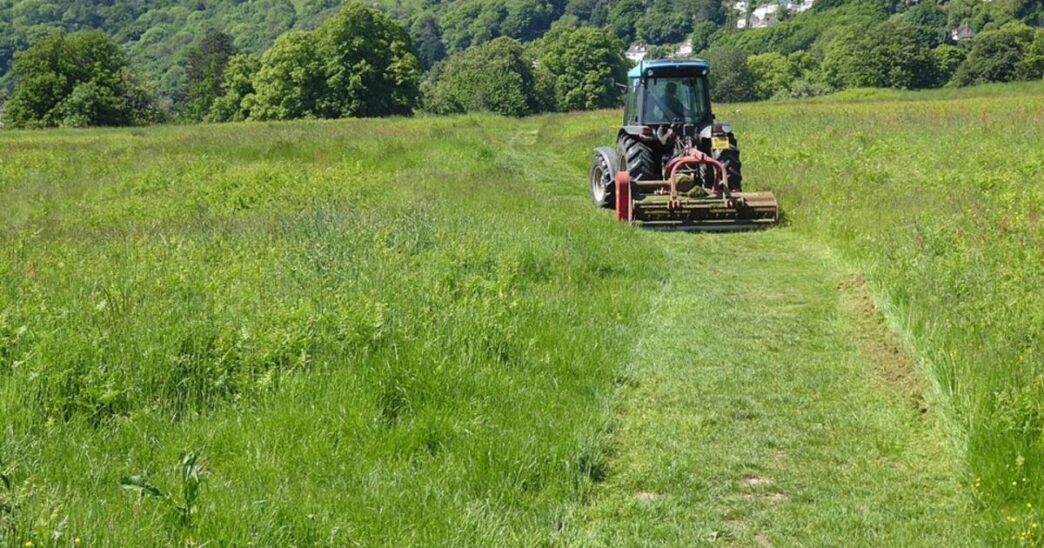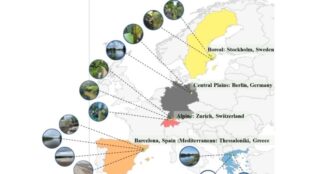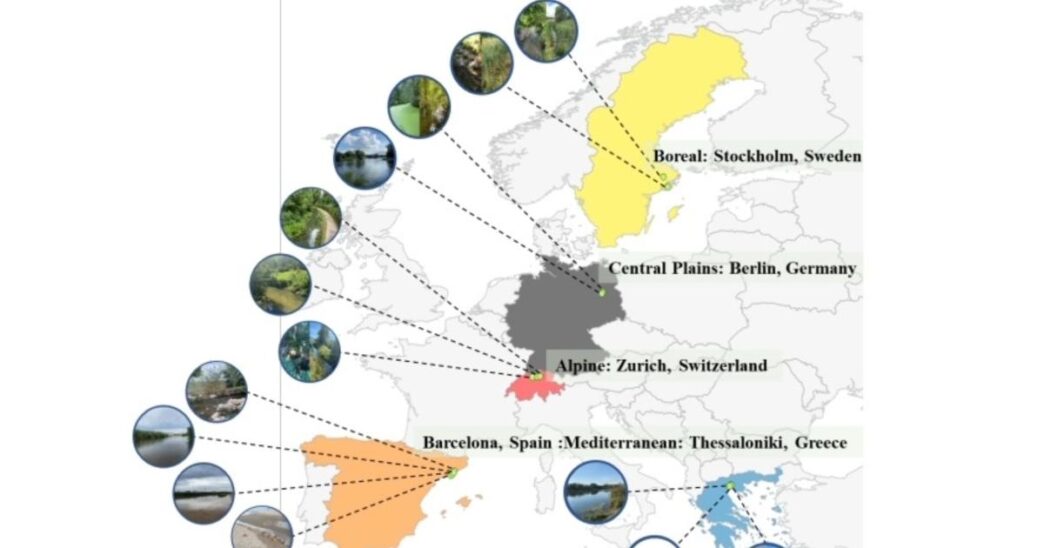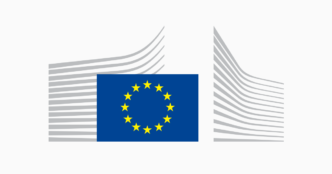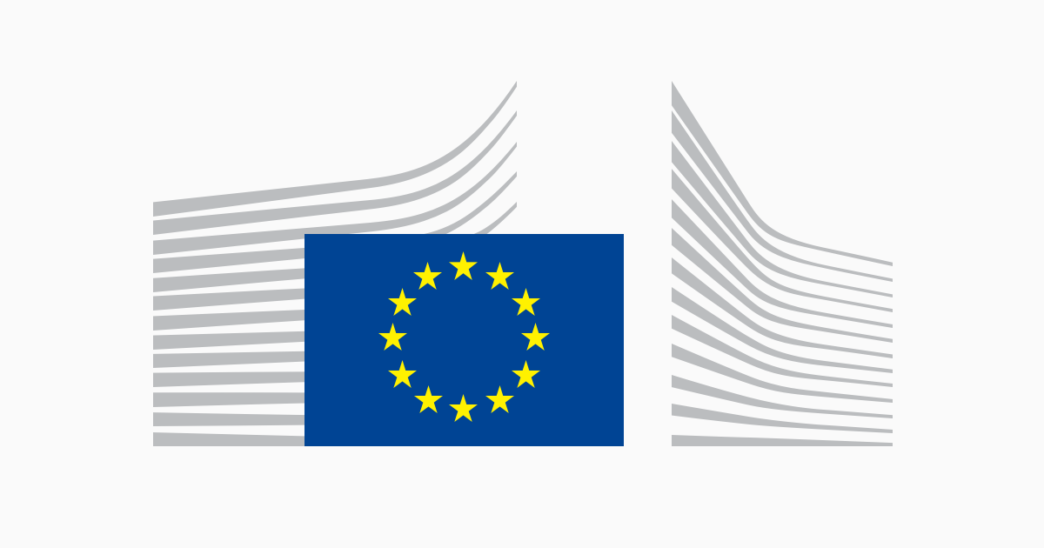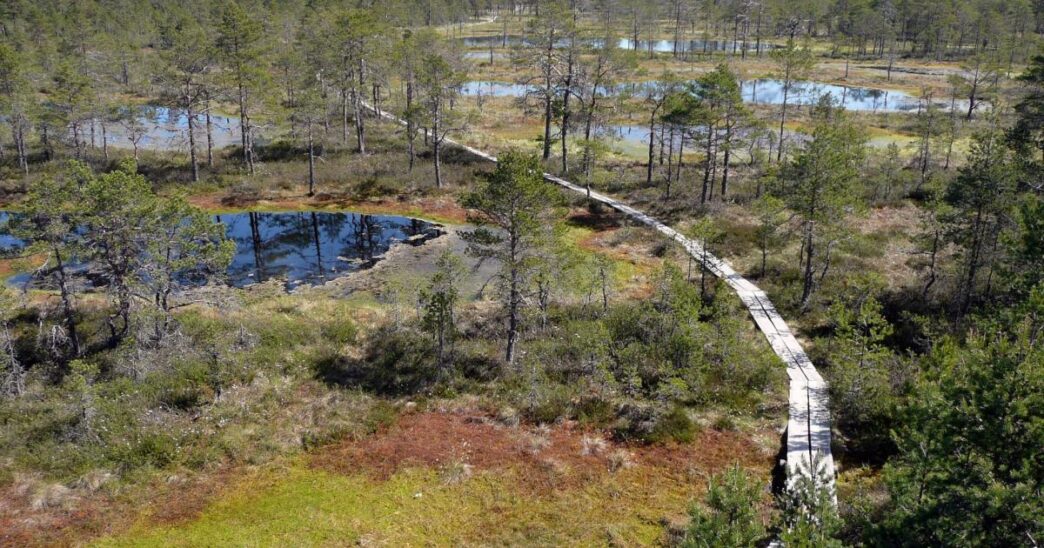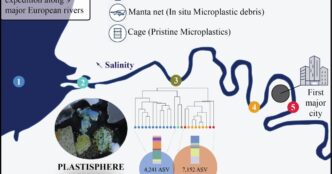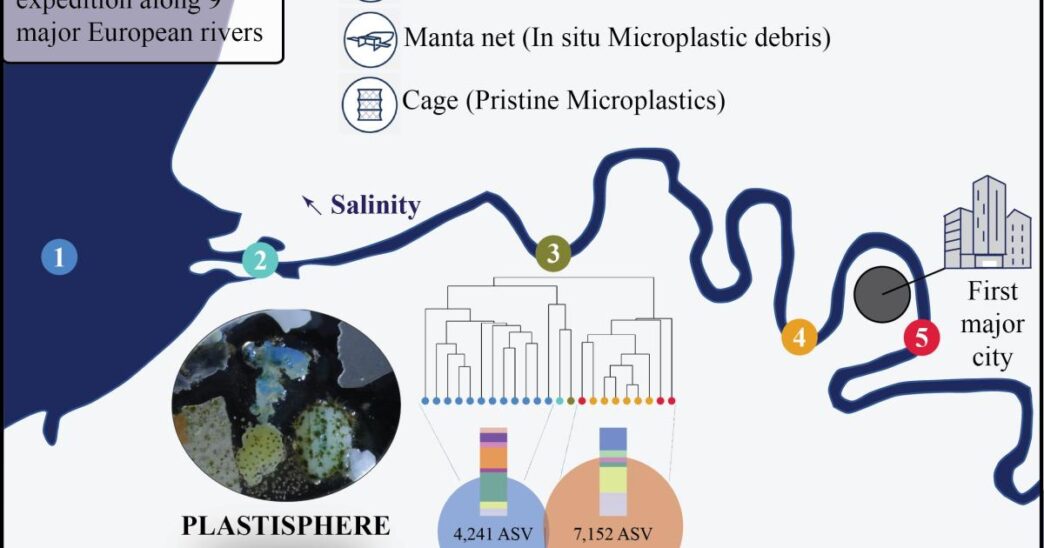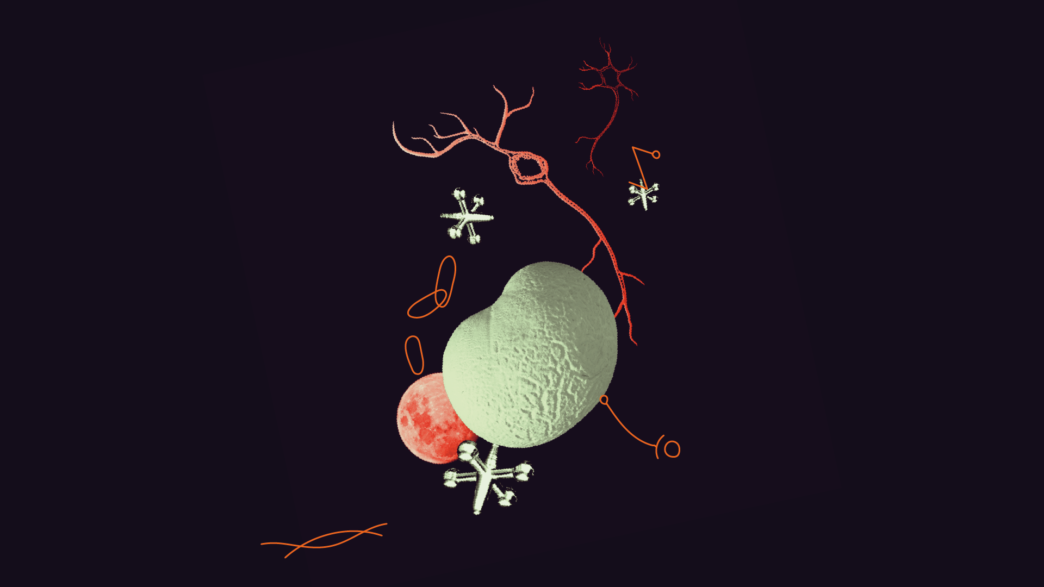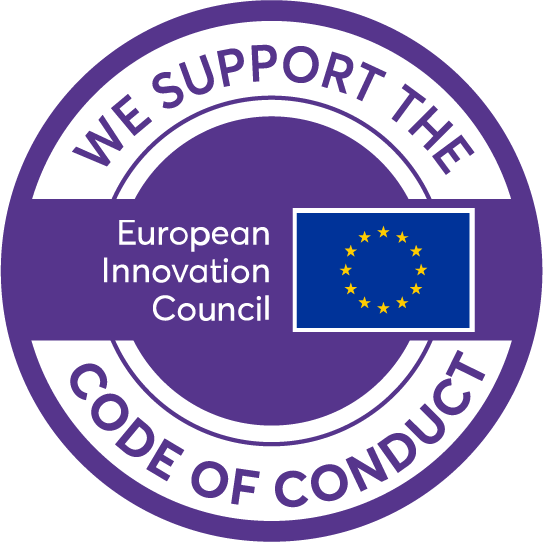New calls worth over €1.25 billion under the EU’s Marie Skłodowska-Curie Actions open doors for new research talent and will support cutting edge research. The EU has also launched the ‘Choose Europe for Science’ pilot, which is open to researchers from around the world to develop their careers.
scientific research
11 posts
Permanent grasslands in agricultural areas are important for biodiversity – especially pollinators. Researchers in Belgium found irregular, curved mowing patterns had positive effects on pollinators compared to conventional block cutting, and suggest promoting this approach.
Researchers have tested the biodegradation rates of 97 chemical compounds in 18 sections of freshwater rivers in five European countries and found that all but two compounds show significant variability across sites.
The Science4EU campaign shows that the EU stands for science. Join us by posting about your contribution to science using #Science4EU.
The 36th edition of the European Contest for Young Scientists (EUCYS) will take place in the capital of Latvia, Riga, from 15 to 20 September 2025 and will gather around 140 young scientists from all over Europe and beyond.
Issue 617: Water management models normally include land use data, but not the shape and distribution of land use patches. This study tests models against historical data to evaluate the importance of such metrics in obtaining accurate predictions.
Issue 617: A study of bacteria on microplastics in nine European rivers shows salinity to serve as a barrier stopping serious pathogens travelling large distances on plastic debris.
Protected wetland areas provide cultural ecosystem services which can be overlooked in management decisions. This study considers how combining both ecological and visitor-orientated goals can enhance management planning in a wetland reserve in Italy.
Research and innovation news alert: Today, the European Commission has launched two consultations on the future European Strategy for Artificial Intelligence in Science: a Call for Evidence, and a targeted questionnaire for researchers and the broader research and innovation community.
The European Commission will fund 149 doctoral programmes with €608.6 million to train over 1800 PhD candidates in and outside academia. The doctorates will investigate topics such as developing privacy for smart speech technology and using artificial intelligence in Parkinson’s disease.

